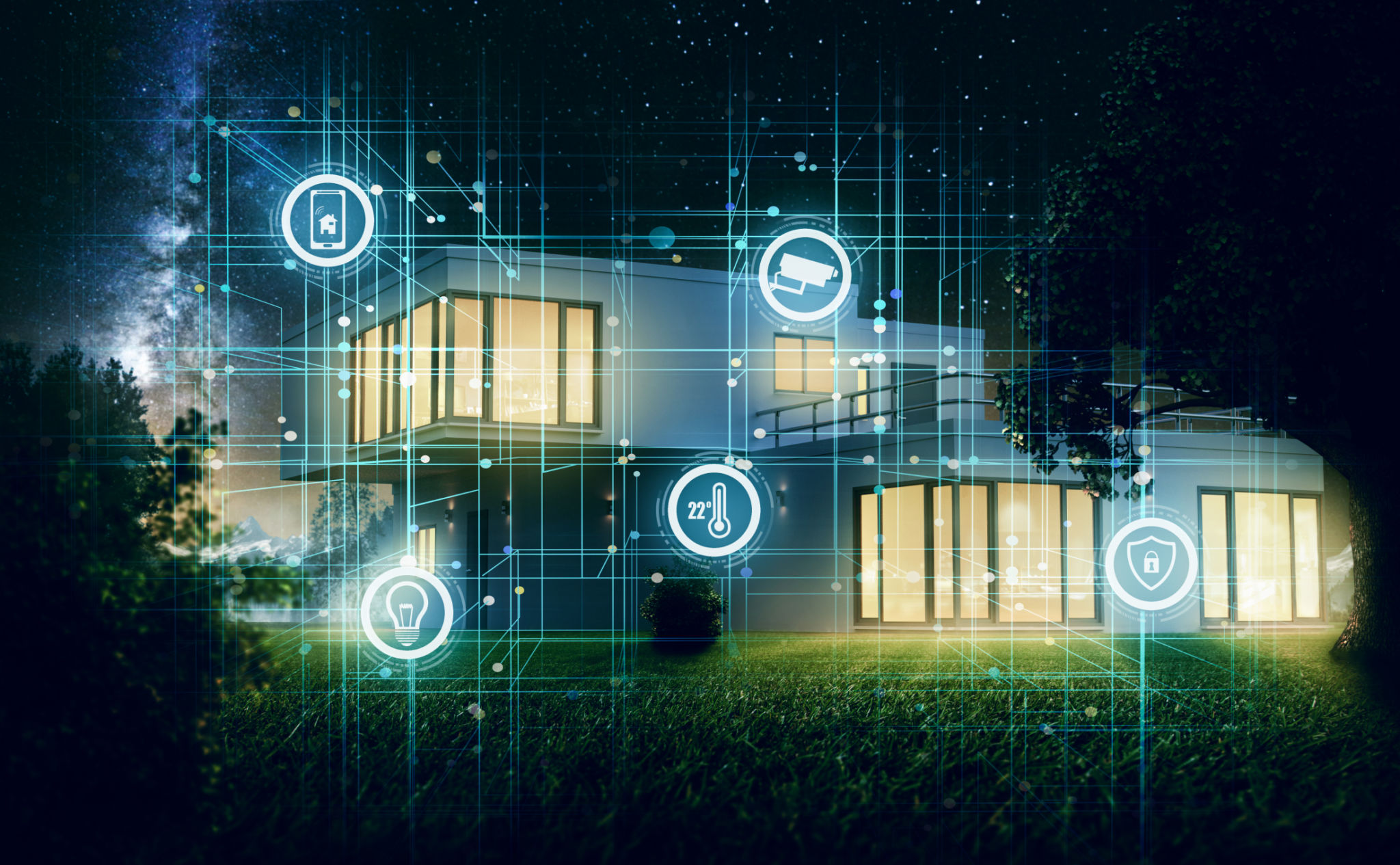Integrating Smart Home Technology in Phoenix Properties: A Comprehensive Guide
Understanding Smart Home Technology
As technology continues to evolve, the integration of smart home technology in properties has become increasingly popular, especially in Phoenix, where the modern lifestyle demands convenience and efficiency. Smart home technology refers to the use of devices and systems that enable homeowners to control various aspects of their homes remotely, providing enhanced security, energy efficiency, and comfort.

These technologies often include features such as smart lighting, thermostats, security cameras, and voice-controlled assistants. By connecting these devices to a central hub or network, homeowners can manage their homes with ease through smartphones or voice commands. The growing interest in smart home technology is reshaping how homes are designed and lived in, making it a crucial consideration for property owners and developers.
Benefits of Smart Home Technology in Phoenix
Integrating smart home technology in Phoenix properties offers numerous benefits. One of the most significant advantages is the ability to enhance energy efficiency. With smart thermostats and lighting systems, homeowners can optimize their energy usage, contributing to lower utility bills and a reduced carbon footprint. This is particularly valuable in Phoenix, where air conditioning is a necessity for much of the year.

Another key benefit is improved security. Smart security systems can include cameras, motion detectors, and doorbell cameras that allow homeowners to monitor their property in real-time from anywhere in the world. This added layer of security provides peace of mind and deters potential intruders.
Choosing the Right Smart Home Devices
When considering the integration of smart home technology, it's essential to choose devices that best meet your needs. Start by identifying the areas of your home that would benefit most from automation, such as heating and cooling, lighting, or security. Once you've determined your priorities, research the various products available on the market.
- Smart Thermostats: Ideal for managing heating and cooling efficiently.
- Smart Lighting: Offers customizable lighting schedules and remote control.
- Security Systems: Includes cameras and sensors for comprehensive protection.
- Voice Assistants: Facilitates hands-free control of connected devices.

Installation and Integration Tips
Once you've selected your devices, proper installation and integration are crucial for optimal performance. While some homeowners may opt for professional installation to ensure everything is set up correctly, many devices are designed for easy DIY installation.
Ensure your home's Wi-Fi network is robust enough to support multiple devices simultaneously. Consider investing in a mesh network system to eliminate dead zones and provide reliable connectivity throughout your property. Additionally, many devices offer compatibility with platforms like Google Assistant or Amazon Alexa, allowing you to create a cohesive ecosystem that can be controlled from a single interface.
The Future of Smart Homes in Phoenix
As technology advances, the potential for smart homes in Phoenix will continue to grow. Emerging technologies such as artificial intelligence and machine learning are poised to make smart homes even more intuitive, learning homeowners' preferences over time and adjusting settings automatically for maximum comfort and efficiency.

The integration of renewable energy sources, like solar panels paired with smart energy management systems, will further enhance sustainability efforts. As more consumers embrace these innovations, the real estate market in Phoenix is likely to see an increase in demand for properties equipped with state-of-the-art smart home technology.
In conclusion, integrating smart home technology in Phoenix properties offers numerous benefits that cater to modern living demands. By understanding the available options and carefully selecting the right devices, homeowners can enjoy enhanced convenience, security, and energy efficiency. As we look to the future, these technologies will only become more sophisticated, transforming how we interact with our homes.